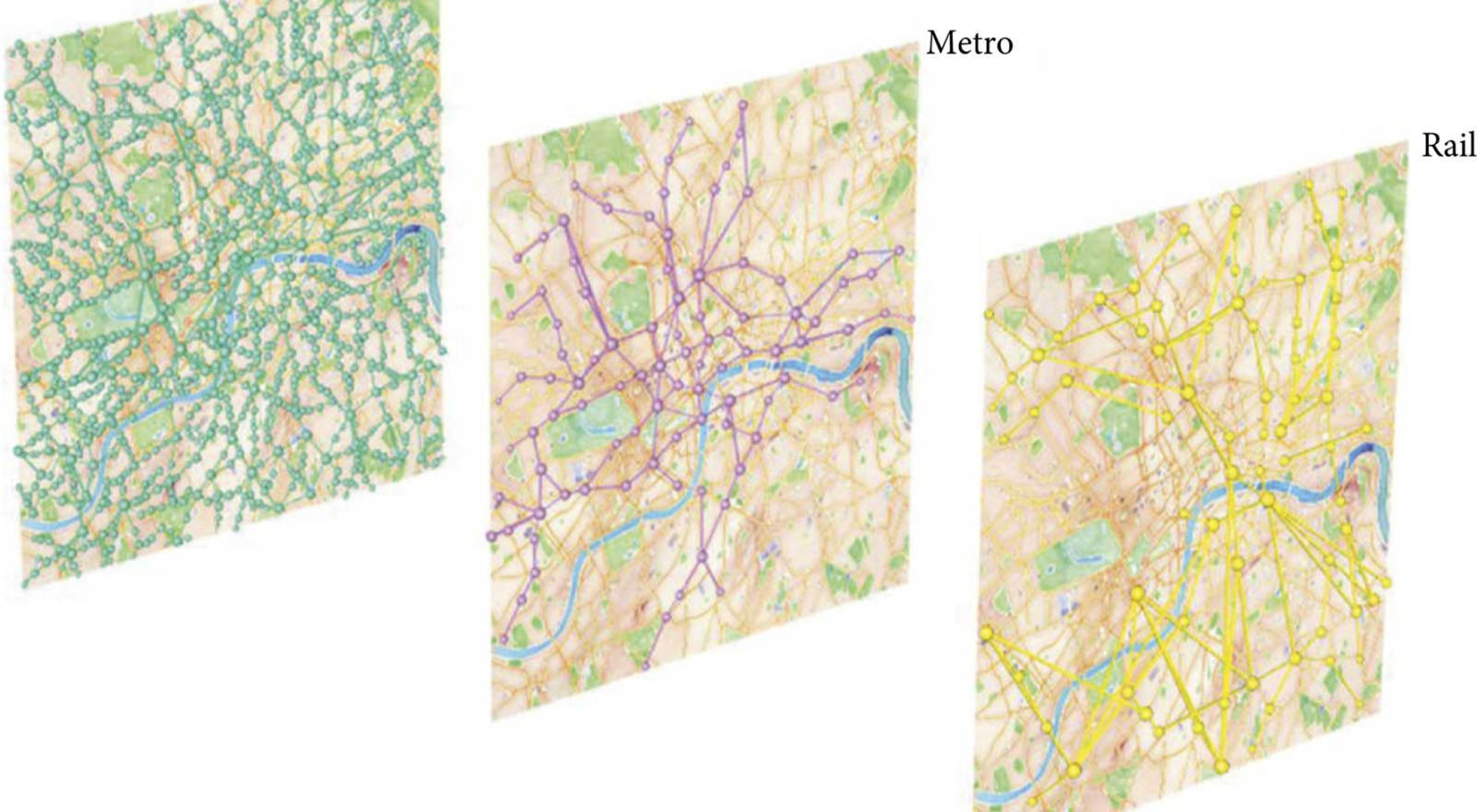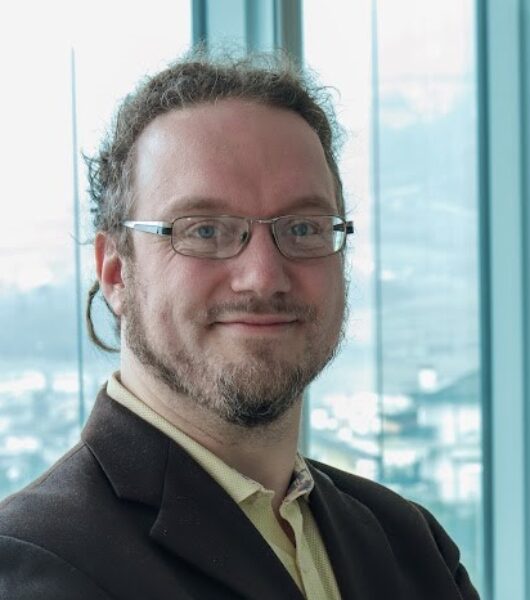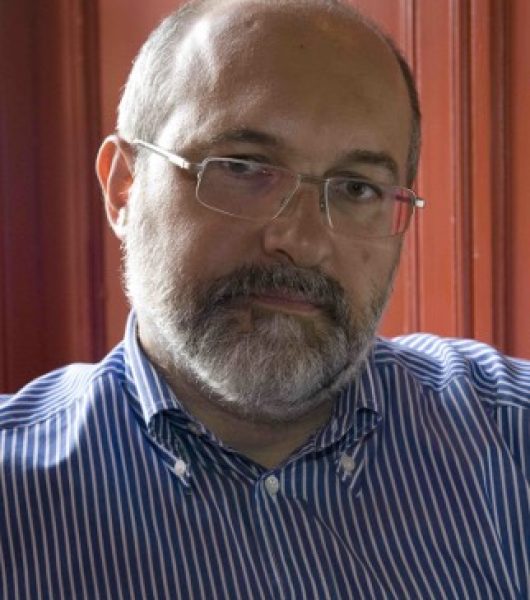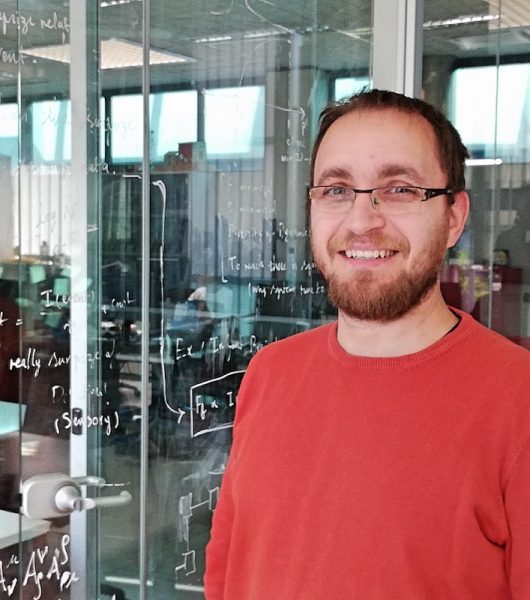Complexity Article of the Year 2021 for an FBK paper on Adaptive Urban Policy-Making
"Complex Urban Systems: Challenges and Integrated Solutions for the Sustainability and Resilience of Cities" is the title of the awarded paper, published in Complexity - special issue "The Complexity of Mobility and Human Dynamics in Cities", and coauthored by Riccardo Gallotti, leader of the Complex Human Behaviour Lab @ FBK Digital Society Center.
“For decades, from design theory to urban planning and management, from social sciences to urban environmental science, cities have been probed and analyzed from the partial perspective of single disciplines. The digital era, with its unprecedented data availability, is allowing for testing old theories and developing new ones, ultimately challenging relatively partial models. Our community has been in the last years providing more and more compelling evidence that cities are complex systems with emergent phenomena characterized by the collective behavior of their citizens who are themselves complex systems. However, more recently, it has also been shown that such multiscale complexity alone is not enough to describe some salient features of urban systems. Multilayer network modeling, accounting for both multiplexity of relationships and interdependencies among the city’s subsystems, is indeed providing a novel integrated framework to study urban backbones, their resilience to unexpected perturbations due to internal or external factors, and their human flows. In this paper, we first offer an overview of the transdisciplinary efforts made to cope with the three dimensions of complexity of the city: the complexity of the urban environment, the complexity of human cognition about the city, and the complexity of city planning. In particular, we discuss how the most recent findings, for example, relating the health and wellbeing of communities to urban structure and function, from traffic congestion to distinct types of pollution, can be better understood considering a city as a multiscale and multilayer complex system. The new challenges posed by the postpandemic scenario give to this perspective an unprecedented relevance, with the necessity to address issues of reconstruction of the social fabric, recovery from prolonged psychological, social and economic stress with the ensuing mental health and wellbeing issues, and repurposing of urban organization as a consequence of new emerging practices such as massive remote working. By rethinking cities as large-scale active matter systems far from equilibrium which consume energy, process information, and adapt to the environment, we argue that enhancing social engagement, for example, involving citizens in codesigning the city and its changes in this critical postpandemic phase, can trigger widespread adoption of good practices leading to emergent effects with collective benefits which can be directly measured.”
This is the abstract of the open access paper, coauthored by the FBK research leader with Pierluigi Sacco (former FBK-IRVAPP research director) and Manlio De Domenico (former FBK CoMuNe Lab research unit leader).
The article has been received on July 2020, revised on March 2021, accepted last september and published the month after.
The authors start from “Modeling Urban Complexity”, explain “The Multilayer Structure and Dynamics of the City” and describe “An Integrated View of Complex Urban Systems”.
In particular they focus their attention on “The Cognitive Challenges of Urban Complexity” and the role of “Adaptive Urban Policy-Making”, where Panning and Complexity meet civic participation as a key factor for urban resilience and inclusiveness.
“Strategies to encourage citizens to pursue health promotion goals by actively engaging with their urban environment include the following:
- Fostering inclusiveness and relationship building instead of social stratification and segregation;
- Promoting cultural participation by arousing curiosity about, and involvement with, urban cultural heritage and poorly known landmarks;
- Creating new opportunities to adopt healthy habits, including increased mobility, while reducing depletion of natural capital.
To understand to what extent an integrated approach that takes culture as a driver of urban change may become a powerful basis for a systemic view of urban functioning and change which invites citizens to be proactive in the pursuit of their own quality of life and wellbeing, two aspects of special importance are sociability and cultural experience. Sociability is an issue of increasing relevance in the public health agenda, as loneliness is now recognized as a serious public health problem. Cultural experience is increasingly connected to health and wellbeing issues by a rapidly growing literature.
[…]
With the increasing diffusion of remote smart working, the choice to live in a city will be less instrumental and will have to be motivated by the intrinsic richness of opportunity of the urban environment as to the promotion of socially rewarding encounters and mind-opening, stimulating experiences. In the postpandemic scenario, sociability habits and patterns in the urban space will have to be rebuilt almost from scratch, and new demands for social connection and meaningful interaction will inevitably arise. Likewise, the postpandemic city will have to rethink and repurpose its public space as a theater of collective expression and inspiration. We need to be ready to tackle these challenges through a clear vision of the multilayered complexity of urban dynamics, with a strong focus on the livability and liveliness of urban environments. However important, these dimensions of sense-making have been marginally dealt with by complexity models and analyses. The time has come to integrate them into a full-fledged approach to urban systems.”
Riccardo Gallotti:
This award has been given to a paper that wants to be a manifesto of the need of fostering “emergent behaviour”, one of the central concepts of Complexity, in our cities. It is our strong belief that in the re-building of our communities after the pandemic shock, the enhancing of social engagement and citizens’ participation should be at the core, while the governance should be promoting the development of collective actions actively turning the urban environment into a “playable” public domain.Pier Luigi Sacco:
This recognition shows how the transdisciplinary approach to research is attracting more and more interest and attention to address important problems from unusual and revealing angles. Our approach to the complexity of urban systems opens up a promising path of research and application and this confirmation pushes us even further to explore its consequences.





